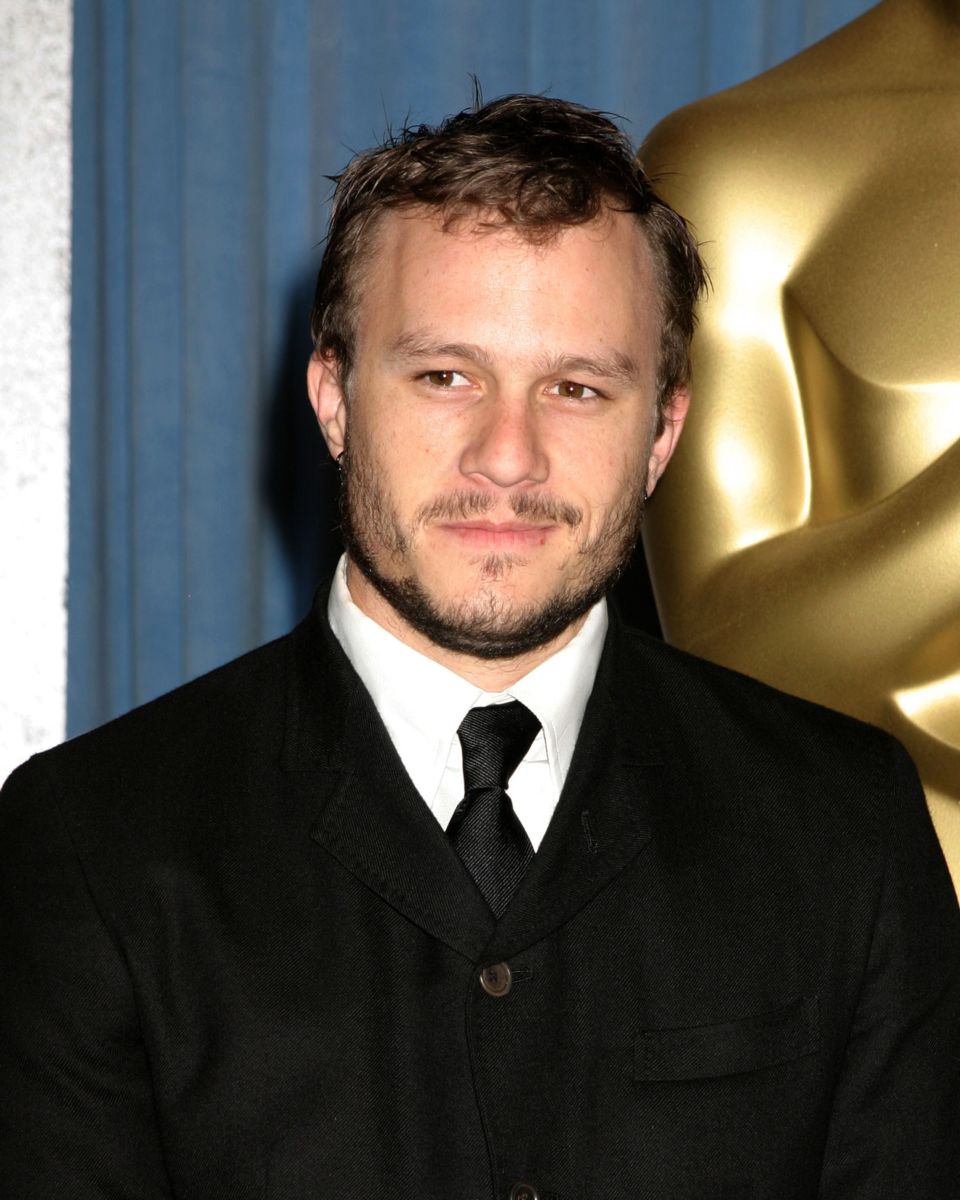Blog
Four Estate Planning Mistakes Celebrities Have Made and the Lessons We Can Learn From Them
We often think that celebrities, due to their wealth and fame, are surrounded by attorneys, accountants, and other advisors who prepare detailed plans for the star’s assets. However, this is sometimes not the case. The potential consequences for these celebrities are the same as the ones us mere mortals would face if we were to die either without a plan or with a faulty or outdated plan: increased taxes, loss of control of where our assets pass, and an increased amount of time to settle the estate. The following are a few headline-grabbing celebrity estates and the lessons we can learn from them.
.jpg) Prince
Prince
It was a sad day for music lovers in 2016 when we learned of Prince’s passing at the young age of 57. Adding to his family’s grief was the fact that Prince had died without a Will (i.e. died “intestate”). With an estate valued at over $300 million, fighting quickly ensued. A probate judge in Prince’s home state of Minnesota ruled in 2017 that Prince’s sister and five other half-siblings were the heirs to the estate. However, numerous claims by other potential heirs muddied the waters and slowed down the process. In addition, it is estimated that the estate had to pay over $120 million in taxes, reducing the estate by almost 50%.
Lesson to be learned: The failure to plan creates potential for confusion, litigation, and a sizeable tax burden. Implementing a plan in Prince’s case could have saved years of litigation and millions of dollars in taxes.
 Heath Ledger
Heath Ledger
The sudden death of the Dark Knight actor shocked the world in 2008. Fortunately, from an estate planning context, Ledger had executed a Will in 2003. Unfortunately, Ledger never updated the Will following the birth of his daughter, Matilda, in 2006. This resulted in Ledger’s parents and three sisters becoming the legal heirs to his $16 million estate instead of Ledger’s only child. Thankfully in this case, Ledger’s family chose to voluntarily give all of the money to Matilda.
Lesson to be learned: An estate plan is not something you do once and forget. It should be updated as your life changes. Major life events (ex. births, deaths, marriages, divorces, etc.) should always prompt you to revisit and potentially revise your plan.
 Florence "FloJo" Griffith Joyner
Florence "FloJo" Griffith Joyner
When the Olympic sprinter died in 1998, it was believed she had a Will. The problem was…no one could find it. Years of legal battles followed
as Joyner’s husband and mother fought over use of the couple’s
condominium. Joyner’s mother contended that her daughter gave
her the right to live in the condominium rent-free for the rest of her
life, but Joyner’s husband disagreed. Ultimately, the probate court
appointed an independent third party to administer the estate, which it then took four years to close.
Lesson to be learned: An estate plan is only beneficial if people can actually find it. All original documents should be kept in a safe location, and you should notify your intended executor and/or heirs of your estate of where the documents are located. If you have concerns that the executor or heirs might not be trustworthy, you may wish to have your attorney retain the originals.
 Michael Jackson
Michael Jackson
Prior to his death in 2009, Michael Jackson seemed to be on the right estate planning path. The pop icon had prepared a detailed revocable trust designed to transfer his wealth to his children and his mother. However, in order for his assets to avoid being dragged through the probate process, he would have needed to transfer his assets into the trust during his lifetime. Jackson failed to follow through and never took this additional step. The result was that his entire $500 million estate had to pass through a lengthy, and heavily litigated, probate process before it was able to be transferred into the trust. For several years, Jackson’s mother and children were granted only an allowance until the transfer to the trust was complete.
Lesson to be learned: Once the trust is created, it is crucial to follow up with the transfer of assets (ex. real estate, bank accounts, business interests, etc.) into the trust in order to achieve probate avoidance. To ensure you don’t lose sight of this second step, you may wish to have your attorney assist you with the transfer of the assets at time the trust is created.
Make sure to keep your estate plan up-to-date to ensure it is still meets your needs and desires. You can rate your current Estate Plan with this quick review.
If you don't yet have an estate plan, or yours is in need of an update, give our estate planning coordinator Eva Holmes a call to set up an appointment, 860-812-1749. Kahan Kerensky Capossela's estate planning attorneys bring decades of experience to help you best accomplish your personal, financial, and asset transfer goals in the most cost effective manner.
